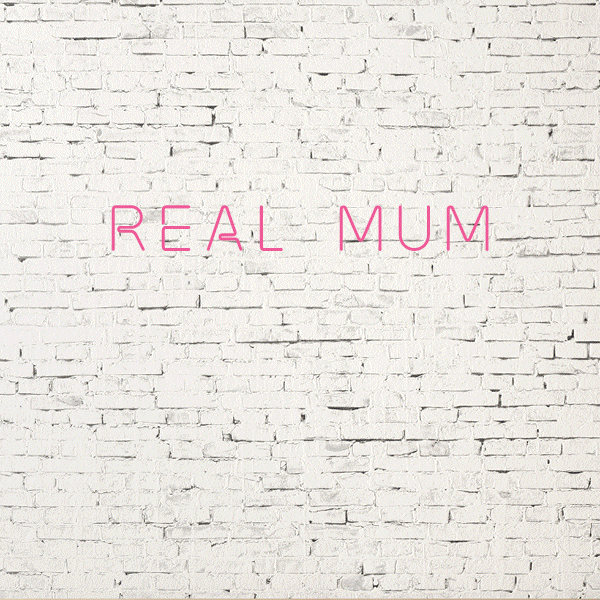The importance of sleeping well
Sleep is a fundamental part of life. It allows our bodies to repair and plays a large role in mental wellbeing. Sleep also helps us to function, and to cope with stress better. Inadequate sleep is a common problem, affecting approximately one-third of the population.

Many factors can contribute to a restless sleep. The more we think about it the harder it can be to doze off. It is something we all go through at times.
Those factors can include:
- Stress
- Changing jobs/careers
- Starting a family
- New born baby
- Financial hardship
- Anxiety/depression
- Starting a business
- A busy mind
- Increased responsibilities
- Pharmaceutical medications
Good sleep has a positive impact on mental health

Identifying that a lack of sleep is impacting on you and your daily routine is important so that it can be addressed to rectify those problems. A good night’s sleep has a positive impact on mental and physical health.
Going out for regular walks in the sunshine when UV rays are low, eating a well-balanced diet, and reducing alcohol and caffeine can all play a role in getting a good night’s sleep.
If those lifestyle changes do not help, seeking advice from your GP is the next step. Having a bedtime routine can help prepare our bodies for sleep and affect the quality of our sleep.
Some tips for bedtime are:
- Doing some relaxing stretches before going to bed
- Turing off all devices, including wifi
- Having a tidy room to help declutter the mind
- Reading a book before bed
- Dimming the lights (if possible)
- Meditating
Tryptophan and melatonin

Two ingredients that can help assist with sleep are tryptophan and melatonin.
Tryptophan is an amino acid that is crucial to the production of protein in the body. It is also used to make other molecules such as serotonin and melatonin, which are important for mental wellbeing.
Serotonin influences cognition, behaviour and mood, while melatonin has an effect on the sleep-wake cycle. Low levels of tryptophan can therefore decrease our serotonin and melatonin levels, negatively impacting on our sleep, mood, mental wellbeing and cognition.
Foods that contain tryptophan include:
- Turkey
- Chicken
- Salmon
- Chia seeds
- Cheese
- Oats
- Milk (especially warm milk)
- Pineapple
- Banana
Foods that contain melatonin include:
- Tart cherry juice
- Grapes and strawberries
- White and black mustard seeds
- Tomatoes and peppers
- Pistachios
Get access to sleep tips, calming music, meditations, and recipes in The Healthy Mummy 3 day sleep program.
Our comprehensive 3 day program, will provide you with:
- Meal plans for simple nutritional swaps to improve sleep quality, including recipes for 3 main meals & 3 healthy snacks per day
- Guided breath-work programs targeting relaxation & de-stressing priming you for refreshing sleep
- Guided Yoga, Pilates & Meditations to establish a connection between physical and mental relaxation for improved sleep
- Podcasts from sleep-expert and Naturopath on how to get a better nights sleep
- Info-blogs from our expert Wellness Team, with easy and realistic strategies for relaxation and a better nights sleep
- Easy to follow 3 day program guides you on when to take each step to make things super simple and effective
- Everything at your finger tips you can easily access the program from your Healthy Mummy account on your smart device










